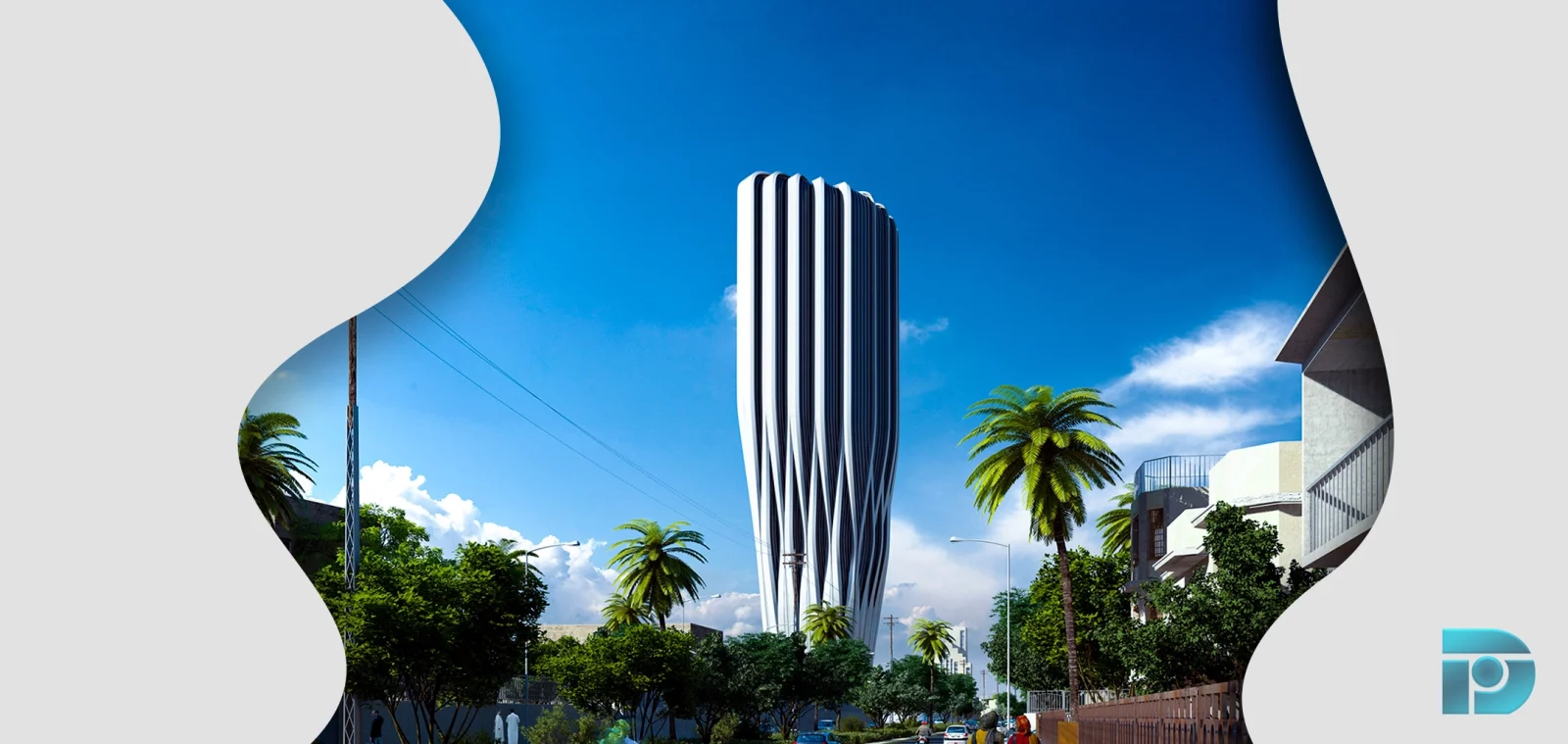
Iraq’s main businesses
Iraq has a diverse economy rooted in its rich natural resources, particularly oil, which remains its economic backbone. However, other sectors, including agriculture, manufacturing, and telecommunications, also play a role in the nation’s economy. Here is an overview of Iraq’s main industries:
1. Oil and Gas Industry
The oil and gas sector is the largest contributor to Iraq’s GDP, generating over 90% of government revenue and around 80% of the country’s foreign exchange earnings. Iraq has some of the world’s largest oil reserves, concentrated in fields like Rumaila, West Qurna, and Zubair. The government partners with international oil companies, such as BP, ExxonMobil, and Total, to extract and refine oil. Despite fluctuations in oil prices and political instability, Iraq’s production capacity has grown, positioning it as a major player in the global oil market. There are also plans to diversify into natural gas production to reduce reliance on oil and meet domestic energy needs.
2. Agriculture
Agriculture is one of Iraq’s oldest sectors, employing about 20% of the population. Despite challenges from climate conditions, water scarcity, and a need for modernization, Iraq remains a significant producer of barley, wheat, and dates. The Tigris and Euphrates rivers provide a crucial water supply for crops, though irrigation and water management require development. The Iraqi government has been working on agricultural reforms to improve productivity, and with proper investments, this sector holds potential for growth and self-sufficiency.
3. Construction and Infrastructure
The need for rebuilding and modernization has led to a growing construction industry in Iraq. The sector covers residential, commercial, and industrial projects, as well as infrastructure such as roads, bridges, and water systems. Post-conflict rebuilding and rapid urbanization have fueled this sector, with companies from Turkey, China, and other countries investing in projects. Government and foreign aid are critical for funding these initiatives, while construction companies work to improve Iraq’s infrastructure, which is vital for its economic development and stability.
4. Manufacturing
Manufacturing in Iraq is largely focused on oil refining and related industries, but there are efforts to diversify. Industries such as cement production, textiles, pharmaceuticals, and food processing are emerging, supported by investment incentives from the government. Many facilities, however, need modernization, and electricity shortages often disrupt production. The government aims to attract foreign investment in the manufacturing sector, which could help create jobs and reduce dependency on imported goods.
5. Telecommunications and IT
Iraq’s telecommunications sector has rapidly expanded since the early 2000s, with companies like Zain Iraq, Asiacell, and Korek Telecom providing mobile services. The government has also been investing in internet infrastructure to increase accessibility. This growth in telecom and IT reflects Iraq’s young and increasingly tech-savvy population, with opportunities for digital businesses, e-commerce, and IT services. Telecommunications advancements also support other sectors like education, healthcare, and finance, creating a foundation for long-term economic growth.
6. Banking and Finance
Iraq’s financial sector is growing, but still faces challenges like outdated regulations and limited public trust. The Central Bank of Iraq has introduced reforms to stabilize the economy, reduce inflation, and attract foreign investment. Recently, the focus has been on modernizing the banking system and encouraging financial technology (fintech) adoption. International banks and investors have shown interest in Iraq’s banking sector, although it remains underdeveloped compared to regional peers. The expansion of banking services is crucial to supporting other sectors and creating a more inclusive economy.
7. Tourism
Iraq holds significant potential for religious and cultural tourism due to its ancient history and holy sites in cities like Najaf and Karbala, which attract millions of Shia pilgrims yearly. Historical sites from the ancient Mesopotamian civilization, such as Babylon and Ur, also offer unique tourism opportunities. However, security concerns and infrastructure limitations have hindered the tourism sector’s growth. The government has been working to improve security and rebuild infrastructure, with hopes that tourism could become a substantial revenue stream in the future.
Challenges and Future Prospects
While Iraq has great potential in various sectors, challenges such as political instability, security risks, corruption, and a reliance on oil revenue remain significant. The government’s push for economic diversification is crucial to building a resilient economy, especially as global oil markets fluctuate. Investments in infrastructure, education, and modernizing industries will be necessary for Iraq to unlock its full economic potential.



Leave a Reply